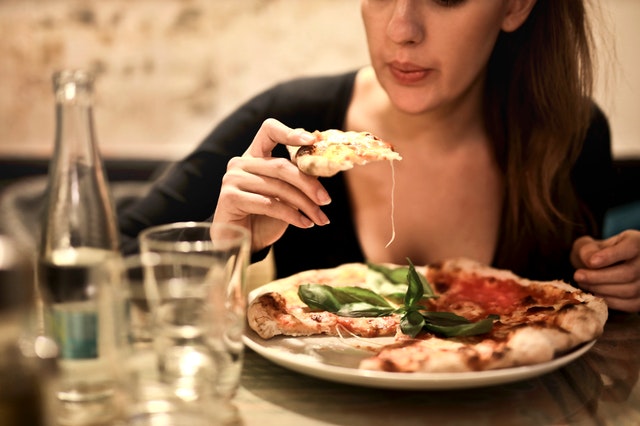How to Plan Your Restaurant Marketing Strategy

Research
Planning a marketing strategy for your restaurant can be quite a daunting task. To start your plan, you must first research your industry and competitors. Have a dig into what is working for your competitors and what is working for you, then analyse where and if there are any gaps in the market to reach out to potential and existing consumers.
It is important to research the offers that you could potentially put your own spin on for your restaurant. Promotional content is so important when it comes to your restaurant marketing strategy – like a rewards scheme – will encourage return custom.
Objectives/Goals
When planning your restaurant marketing strategy, make sure you set yourself a set of objectives and goals to reach. You want your objectives to be SMART; specific, measurable, attainable, relevant, time-based. By setting yourself objectives that all have attributes of SMART, then you will be setting yourself realistic and achievable objectives.
Set yourself a timeline with goals to reach throughout your marketing strategy. Remember that a marketing strategy has to be adapted to the innovations within technology and the industry. By having a timeline, you can determine when you should revise the strategy, with the help of the measurable results collected throughout the campaigns/strategy.
Target Audience
Target audience is one of the most important aspects in a restaurant marketing strategy. What’s the point in creating a marketing strategy with no idea who you are targeting it towards? Now, with restaurants it can be quite difficult to determine who your specific target audience is, so you can be quite broad about this. This is where customer personas come into the process of the plan.
Customer personas are semi-fictional characters that categorises a large segment of your target audience. These personas will give you insight into what your perspective customers are thinking and what they are more interested in when it comes to your brand. You will be able to understand a customer’s buyer journey with the help of customer personas. Customer personas are important as they give you a deeper understand of the customers’ needs and helps you determine what projects to invest your time into.
Promotions
As mentioned in the research section, promotional content is important to encourage new and return customers. Promotions and offers are a good way to interest customers and increase word-of-mouth marketing.
There are different ways to offer promotional deals, whether you decide to do this on your own or through a third-party supplier. Apps like VoucherCodes gives customers the option to get offers on restaurants with codes for selected restaurants. It as easy as the customer showing the server the code and getting up to 50% off in that particular restaurant.
Alternatively, you do it alone, and add promotional offers to your website, email marketing, social media or even your print marketing. Going it alone gives you the option to test what works and what doesn’t with your target audience. Customers may prefer a bit of money off and some event nights, in comparison to a loyalty scheme and a seasonal menu.
Digital Marketing
Digital marketing is an important element of a restaurants marketing strategy, as it opens you up to a huge audience with the likes of social media, email marketing and search engine optimisation. With platforms like Google My Business pages and TripAdvisor, your restaurant can be put on the map by customer generated content – but make sure you optimise this to your advantage!
Social media such as Instagram is a great avenue for restaurants. Adding quality content to your social media pages, such as photos of your speciality dishes to inspire consumers to come to your restaurant and try the dishes you are presenting.
Creating social media campaigns are great to incorporate into your restaurant marketing strategy. Instagram, Facebook and Twitter all support the hashtag (#), however, Instagram and Twitter recognise it better than Facebook. Adding content and using a popular hashtag will help you get more impressions on social media – whilst also creating your own personal hashtag so consumers who follow you can see your posts quickly and easily.
Local Marketing
For restaurants, local marketing is crucial. Getting this part of your restaurant marketing strategy right is important for many reasons. The main reason is that you want people in the local area to know about you, and most importantly, love you! Repeat custom and word-of-mouth starts with customers in your local area. But first, you need to get the word out.
Think about how you can market towards your local audience, whether that’s through leaflets in the local newspaper, targeting consumers in the local area on social media, or petrol pump advertising in the local petrol stations. As a restaurant, you will rely on loyal and repeat customers, first step to assure you will get the word out in the local area is through local marketing.
Put The Plan Together
Finally, it’s time to put your plan together. Now you should have thorough research to understand what is working for you currently, where there are gaps in the market and what your competitors are doing; you have set objectives and goals, and you know your target audience well. You have put together ideas for upcoming promotions and your digital and local marketing strategies. Putting everything together will give you targets to reach and a timeline to see your restaurant marketing strategy through to before you relook at it and see the results from the different campaigns you have done.